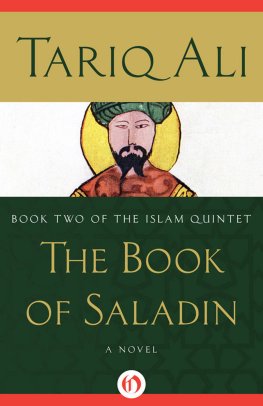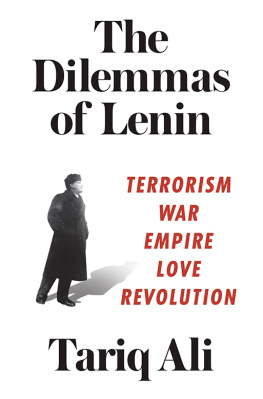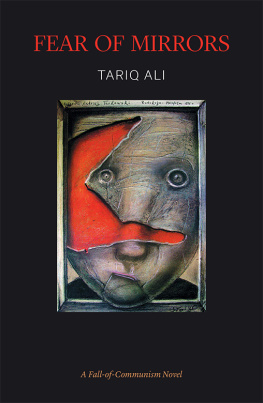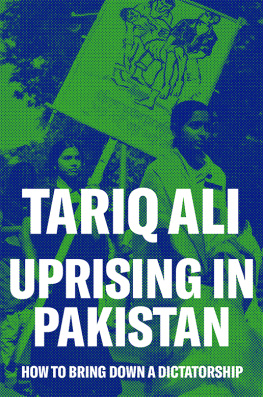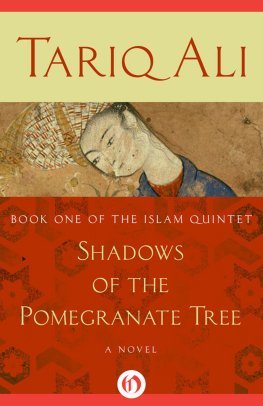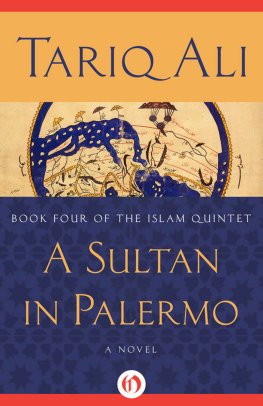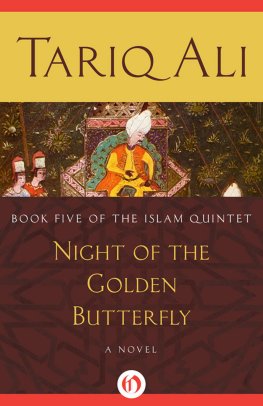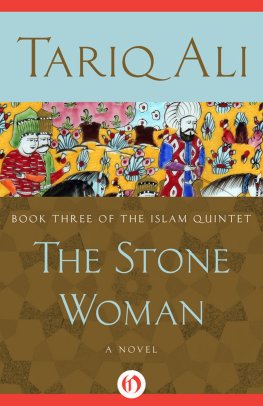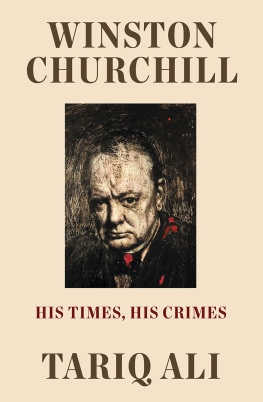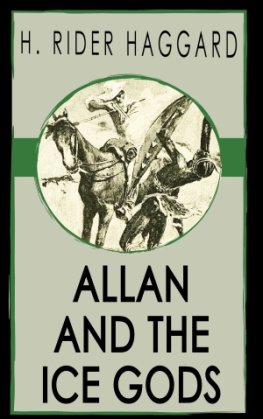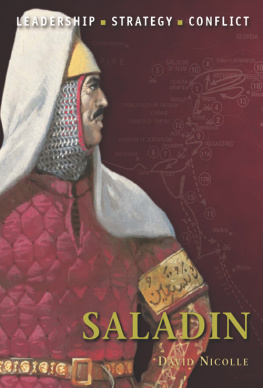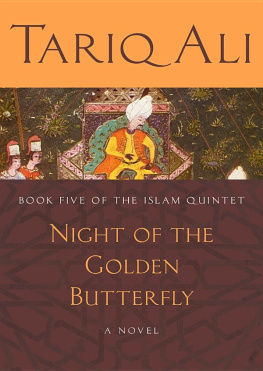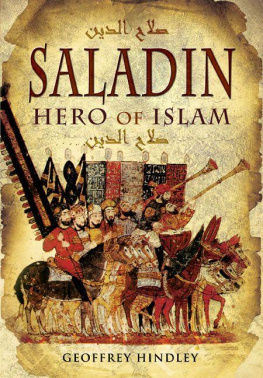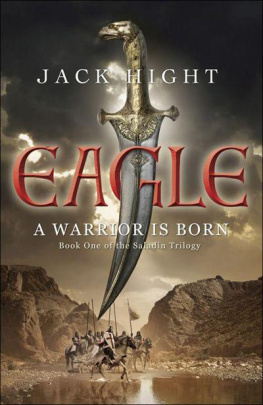Tariq Ali
The Book of Saladin
The Near East in the late twelfth century

ANY FICTIONAL RECONSTRUCTION OF the life of a historical figure poses a problem for the writer. Should actual historical evidence be disregarded in the interests of a good story? I think not. In fact the more one explores the imagined inner life of the characters, the more important it becomes to remain loyal to historical facts and events, even in the case of the Crusades, where Christian and Muslim chroniclers often provided different interpretations of what actually happened.
The fall of Jerusalem to the First Crusade in 1099 stunned the world of Islam, which was at the peak of its achievements. Damascus, Cairo and Baghdad were large cities with a combined population of over two million advanced urban civilisation at a time when the citizens of London and Paris numbered less than fifty thousand in each case. The Caliph in Baghdad was shaken by the ease with which the barbarian tide had overwhelmed the armies of Islam. It was to be a long occupation.
Salah al-Din (Saladin to Western ears) was the Kurdish warrior who regained Jerusalem in 1187. The principal male characters of this story are based on historical personages. They include Salah al-Din himself, his brothers, father, uncle and nephews. Ibn Maymun is the great Jewish physician-philosopher, Maimonides. The narrator and Shadhi are my creations, for whom I accept full responsibility.
The women Jamila, Halima and all the others have all been imagined. Women are a subject on which medieval history is usually silent. Salah al-Din, we are told, had sixteen sons, but nothing has been written about their sisters or mothers.
The Caliph was the spiritual and temporal ruler during the early days of Islam. He was elected by acclamation by the early Companions of the Prophet. Factional disputes within Islam led to rival claims, and the birth of the Shiite tendency split the political heirs of Mohammed. The Sunni Muslims acknowledged the Caliph in Baghdad, but civil war and Shiite successes led to the establishment of a Fatimid Caliph in Cairo, while the Sunni faction displaced by the Abbasids reached its zenith by establishing a Caliphate in Cordoba in Muslim Spain.
Salah al-Dins victory in Egypt led to the dissolution of the Fatimid dynasty and brought the entire Arab region under the nominal sovereignty of the Caliph of Baghdad. Salah al-Din was appointed Sultan (King) of Syria and Egypt and became the most powerful leader of the medieval Arab world. The Caliphate in Baghdad was finally destroyed by Mongol armies in 1258, and ceased to exist until its revival in Ottoman Turkey.
Tariq Ali
June 1998
On the recommendation of Ibn Maymun, I become the Sultans trusted scribe
I HAVE NOT THOUGHT of our old home for many years. It is a long time now since the fire. My house, my wife, my daughter, my two-year-old grandson all trapped inside like caged animals. If fate had not willed otherwise, I too would have been reduced to ashes. How often have I wished that I could have been there to share the agony.
These are painful memories. I keep them submerged. Yet today, as I begin to write this story, the image of that domed room where everything once began is strong in me again. The caves of our memory are extraordinary. Things that are long forgotten remain hidden in dark corners, suddenly to emerge into the light. I can see everything now. It comes to my mind clearly, as if time itself had stopped still.
It was a cold night of the Cairo winter, in the year 1181 according to the Christian calendar. The mewing of cats was the only noise from the street outside. Rabbi Musa ibn Maymun, an old friend of our family as well as its self-appointed physician, had arrived at my house on his way back from attending to the Kadi al-Fadil, who had been indisposed for several days.
We had finished eating and were sipping our mint tea in silence, surrounded by thick, multi-coloured woollen rugs, strewn with cushions covered in silk and satin. A large round brazier, filled with charcoal, glowed in the centre of the room, giving off gentle waves of heat. Reclining on the floor, we could see the reflection of the fire in the dome above, making it appear as if the night sky itself were alight.
I was reflecting on our earlier conversation. My friend had revealed an angry and bitter side, which had both surprised and reassured me. Our saint was human just like anyone else. The mask was intended for outsiders. We had been discussing the circumstances which had compelled Ibn Maymun to flee Andalus and to start on his long fifteen-year journey from Cordoba to Cairo. Ten of those years had been spent in the Maghrebian city of Fez. There the whole family had been obliged to pretend that they were followers of the Prophet of Islam. Ibn Maymun was angered at the memory. It was the deception that annoyed him. Dissembling went against his instincts.
I had never heard him talk in this fashion before. I noticed the transformation that came over him. His eyes were gleaming as he spoke, his hand clenched into a fist. I wondered whether it was this experience that had aroused his worries about religion, especially about a religion in power, a faith imposed at the point of a sword. I broke the silence.
Is a world without religion possible, Ibn Maymun? The ancients had many gods. They used their worship of one to fight the supporters of the other. Now we have one god and, of necessity, we must fight over him. So everything has become a war of interpretation. How does your philosophy explain this phenomenon?
The question amused him, but before he could reply we heard a loud knocking on the door, and his smile disappeared.
Are you expecting someone?
I shook my head. He leaned forward to warm his hands at the brazier. We had both wrapped ourselves in woollen blankets, but still we felt the cold. I knew instinctively that the late knock on the door was for my friend.
Only the retainer of a powerful man knocks in that fashion, sighed Ibn Maymun. Perhaps the Kadi has taken a turn for the worse, and I will have to see to him.
My servant, Ahmad, walked into the room carrying a torch that trembled in his hands. He was followed by a man of medium height, with undistinguished features and light red hair. He was wrapped in a blanket, and walked with a slight limp in his right leg. I saw a sudden flash of fear cross Ibn Maymuns face as he stood and bowed before the visitor. I had not seen this man before. It was certainly not the Kadi, who was known to me.
I, too, rose and bowed. My visitor smiled on realising that he was a stranger to me.
I am sorry to intrude at such an hour. The Kadi informed me that Ibn Maymun was present in our town, and spending the night in your illustrious house. I am in the house of Isaac ibn Yakub am I not?
I nodded.
I hope, said the stranger with a slight bow, that you will forgive me for arriving without warning. It is not often that I have the chance of meeting two great scholars on the same day. My thoughts were floating undecided between the merits of an early night or a conversation with Ibn Maymun. I decided that your words might have a more beneficial effect than sleep. And here I am.
Any friend of Ibn Maymun is welcome here. Please be seated. Can we offer you a bowl of soup?
I think it will be good for your constitution, Commander of the Brave, said Ibn Maymun in a soft voice.
I realised I was in the presence of the Sultan. This was Yusuf Salah-ud-Din in person. In my house. I fell to my knees and touched his feet.

